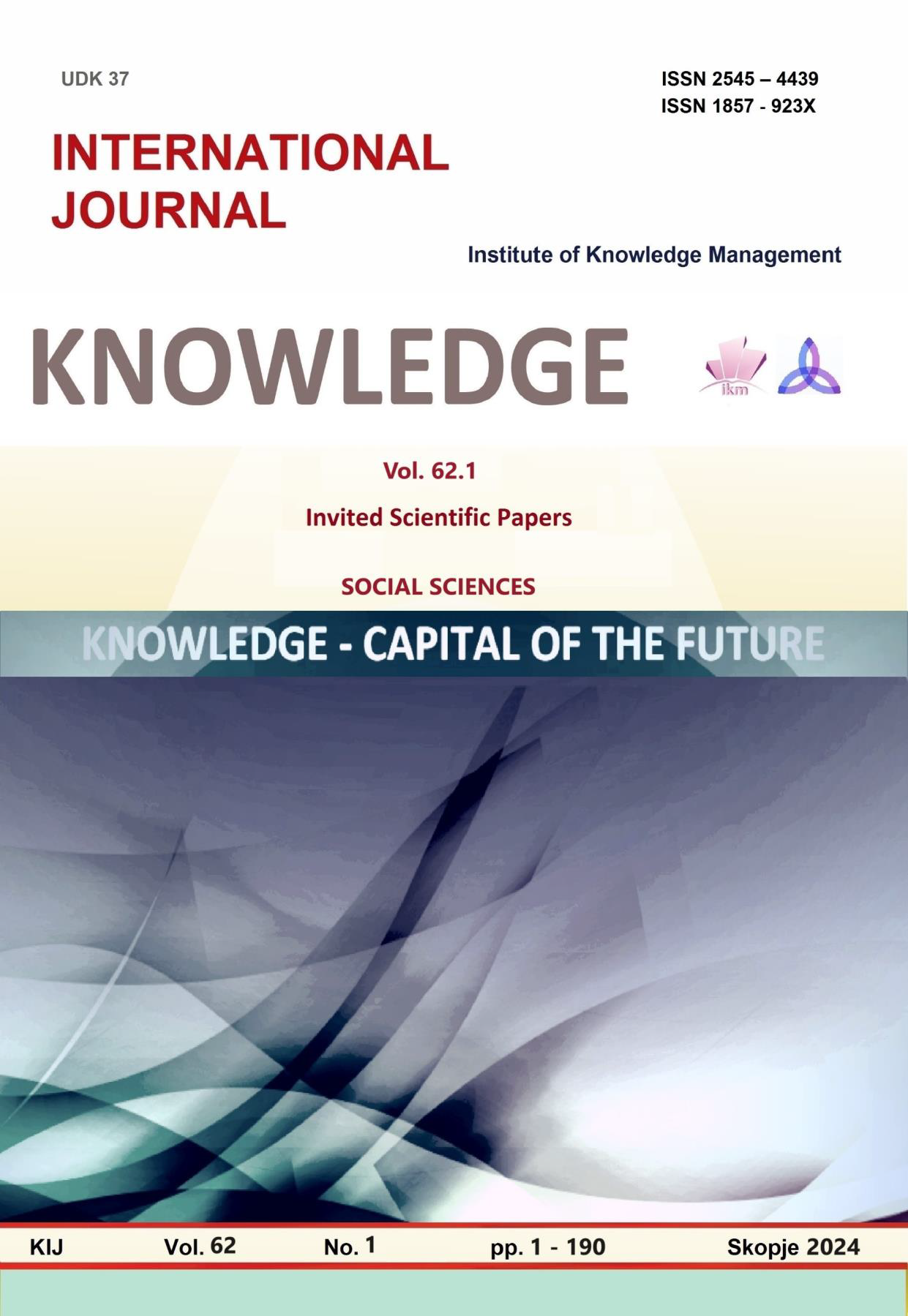ОБУЧЕНИЕТО ПО ТЕХНОЛОГИИ И ПРЕДПРИЕМАЧЕСТВО И МЕЖДУНАРОДНИТЕ СТАНДАРТИ ЗА ТЕХНОЛОГИЧНА И ИНЖЕНЕРНА ГРАМОТНОСТ ( STEL)
THE TECHNOLOGY AND ENTREPRENEURSHIP EDUCATION AND INTERNATIONAL STANDARDS FOR TECHNOLOGY AND ENGINEERING LITERACY (STEL)
Author(s): Lyubima ZonevaSubject(s): Social Sciences, Vocational Education
Published by: Scientific Institute of Management and Knowledge
Keywords: technology literacy;engineering literacy;technology education;educational standards
Summary/Abstract: Educational innovation and digital transformation are among the priorities in the Bulgarian educational policy for the period 2021-2030. The modernization of the secondary education in technology and entrepreneurship is related to the change of applied pedagogical technologies and models of education, enrichment of the learning content and subject-information environment. The directionality of the subject to the key competence of initiative and entrepreneurship and the multidisciplinary nature of technological literacy determine the need to constantly updating of the requirements for learning outcomes. The change of modern visions of technological education broadens the parameters of technological literacy and reflects on the selection and structuring of teaching content in the subject "technology and entrepreneurship" and the methodological toolkit for its mastery.The Standards for Technological and Engineering Literacy (STEL), created by the International Technology Engineering Educators Association (ITEEA), outlines a significant role for technology education in the context of integrative education and the STEM approach and expands the notion of contemporary technology culture. The revised vision of technological literacy is concretized in three organizational structures and encompasses 24 underlying determinants. Engineering is identified with using scientific principles and mathematical reasoning to optimize materials and technologies in order to satisfy needs, according to defined criteria and given constraints.In terms of content, comparing the distinct subject areas of technology and entrepreneurship with the engineering contexts outlined in STEL identifies an overlap of a number of underlying constructs. The comparative analysis outlines directions for enriching the curriculum of secondary technology education with knowledge and skills from the fields of artificial intelligence and robotics, automation and biotechnology. It confirms the relevance of the leading learning approaches established in technology and entrepreneurship curricula, such as learning by doing, learning by inquiry and discovery, project-based learning, and the modular-integrative approach. The new framework for effective technology education requires that the focus of the educational process should be on the formation of systems thinking, creativity, critical thinking, ethics, communication and teamwork skills.Authenticity and stimulating activities are recommended when planning the learning process. Learning objectives should be related to the formation of a body of knowledge, skills and abilities that provide an understanding of the interactions between technology and societal development and enable students to use, and evaluate, current and emerging technologies. Achieving the stated goals requires an adequate, digitally provided learning environment and the application of appropriately constructed pedagogical design options.
Journal: Knowledge - International Journal
- Issue Year: 62/2024
- Issue No: 1
- Page Range: 33-39
- Page Count: 7
- Language: Bulgarian

